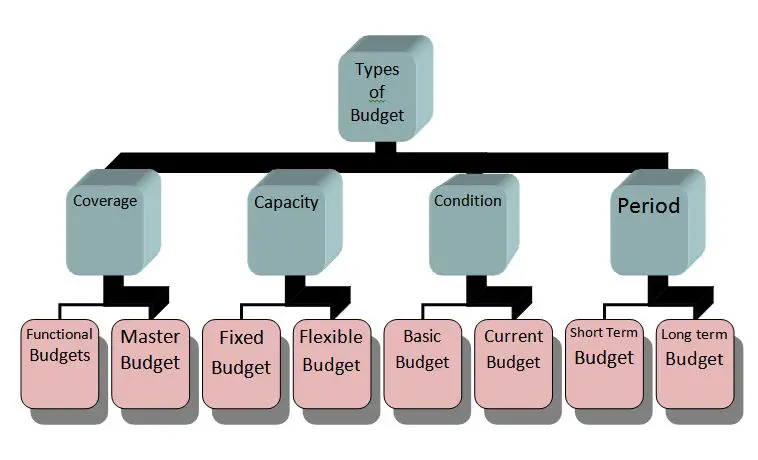Your home is probably one of your largest expenses, and it’s important to set a monthly budget for it. That way, you’ll know where your money is going each month.
Having a well-planned budget can help you save more for a rainy day or to pay off debt. But it’s also helpful to understand how your spending habits affect your overall financial health.
1. Basic Budget
A basic budget helps you plan your monthly expenses and allocate money to the most important needs and wants in your life. It also can help you save more for a rainy day.
Most people spend about 50% of their net income on essentials, which include things like rent or mortgage payments, car insurance and cell phone bills. These fixed expenses usually stay the same from month to month, so they’re easy to budget for.
Other essentials to consider in your budget are household goods like toilet paper, soap and laundry detergent, and utility bills like electricity and water. Keeping track of these expenses will save you money in the long run and reduce stress about money.
It’s easy to get into the habit of buying impulse items or impulsively paying for services you don’t need, so putting some barriers in place to limit this type of spending can be helpful. For example, you could use a budget planner that limits your spending to only the amount you can afford, set up an automatic savings account or remove stored payment information on websites that you shop with often.
Creating a budget is a great way to take control of your financial situation and build a strong foundation for the future. It can also help you identify areas that you can cut back on, which will allow you to save more for your goals and investments.
2. Discretionary Budget
The Discretionary Budget is a category in a home budget that lets you set aside money for the things you want to spend it on, such as vacations, luxury items, and eating out. These costs aren’t necessary to live, but they can add to your lifestyle.
Whether you’re an individual or a business, having a discretionary budget can help you make smarter spending decisions and save money. Tracking your expenses can also give you a better idea of what you can cut when times get tough, or how much extra you have to put towards a financial goal, like building an emergency savings fund.
There are many ways to track your discretionary expenses, including with an online budgeting tool. However, one of the best options is to create a monthly household budget and then allocate a percentage of your income to these expenditures.
3. Long-Term Budget
If you have a long-term goal that will take a while to reach, such as a college education or saving for a down payment on a house, it’s best to have a budget specifically for those goals. Putting those items into your budget can help motivate you to stick to it and keep your spending down. It can also help you identify areas that aren’t performing well and give you an idea of what to cut or change in order to boost the amount of money going to those areas. It’s a good idea to review your long-term budget regularly, so you can make any necessary adjustments based on actual results.

